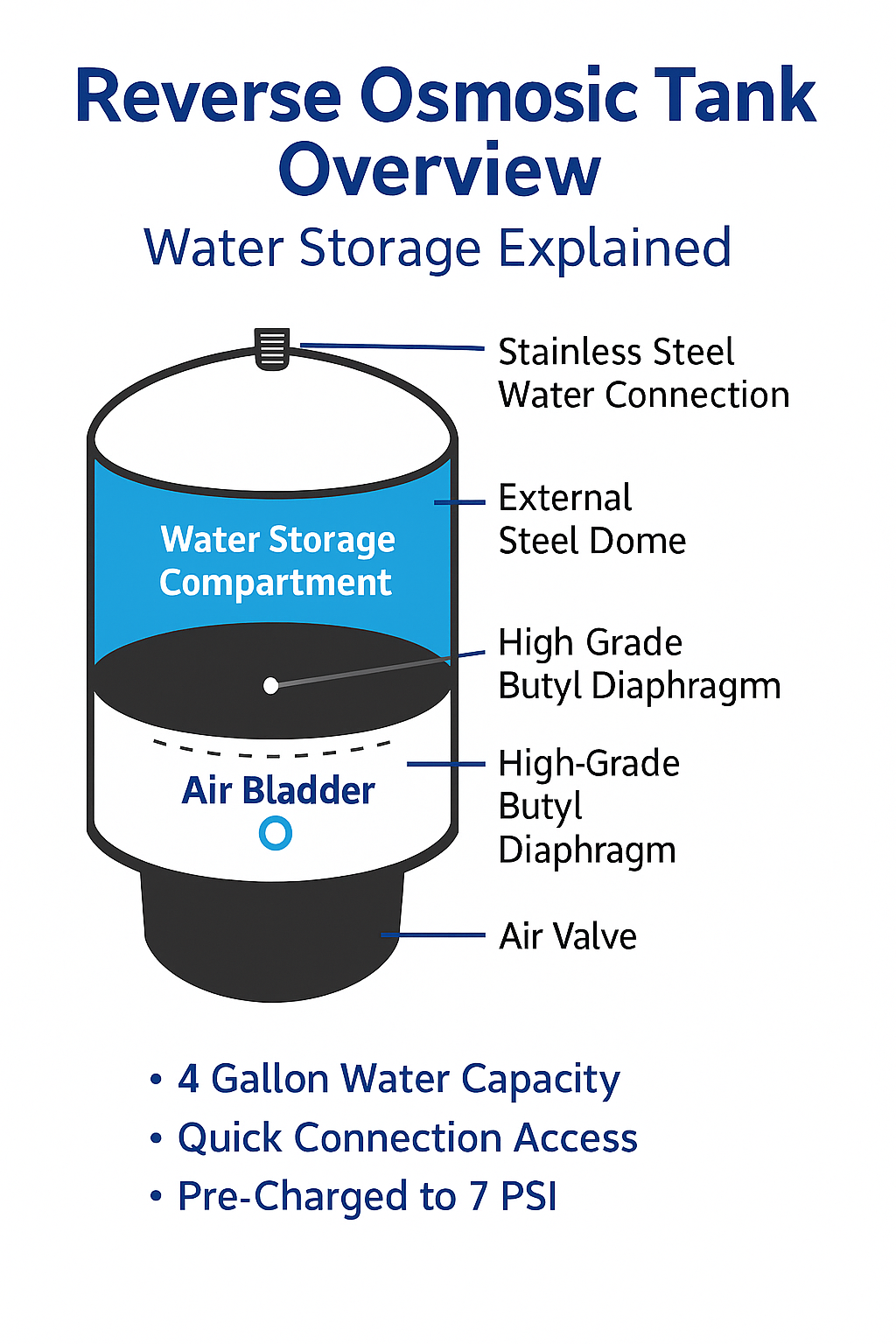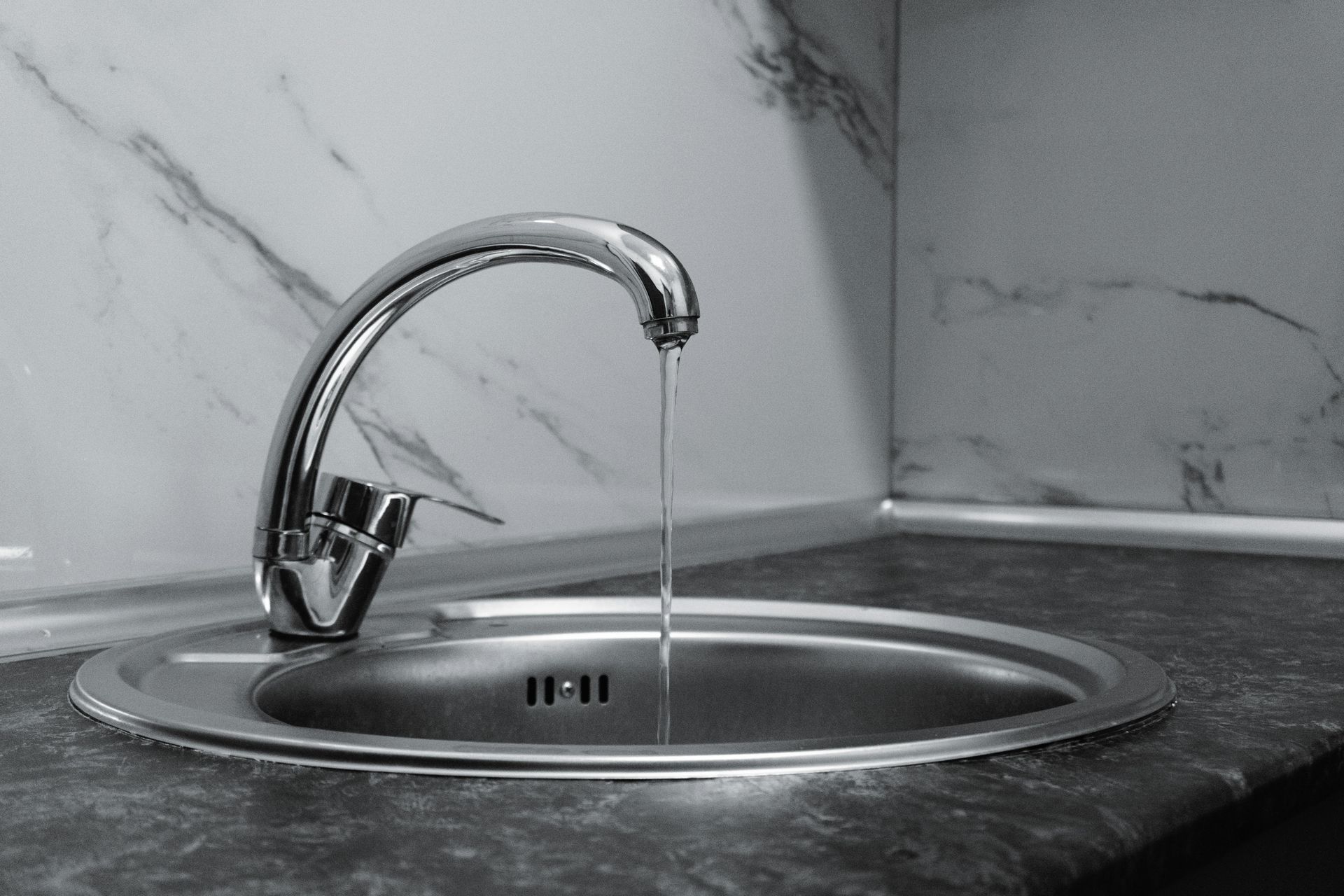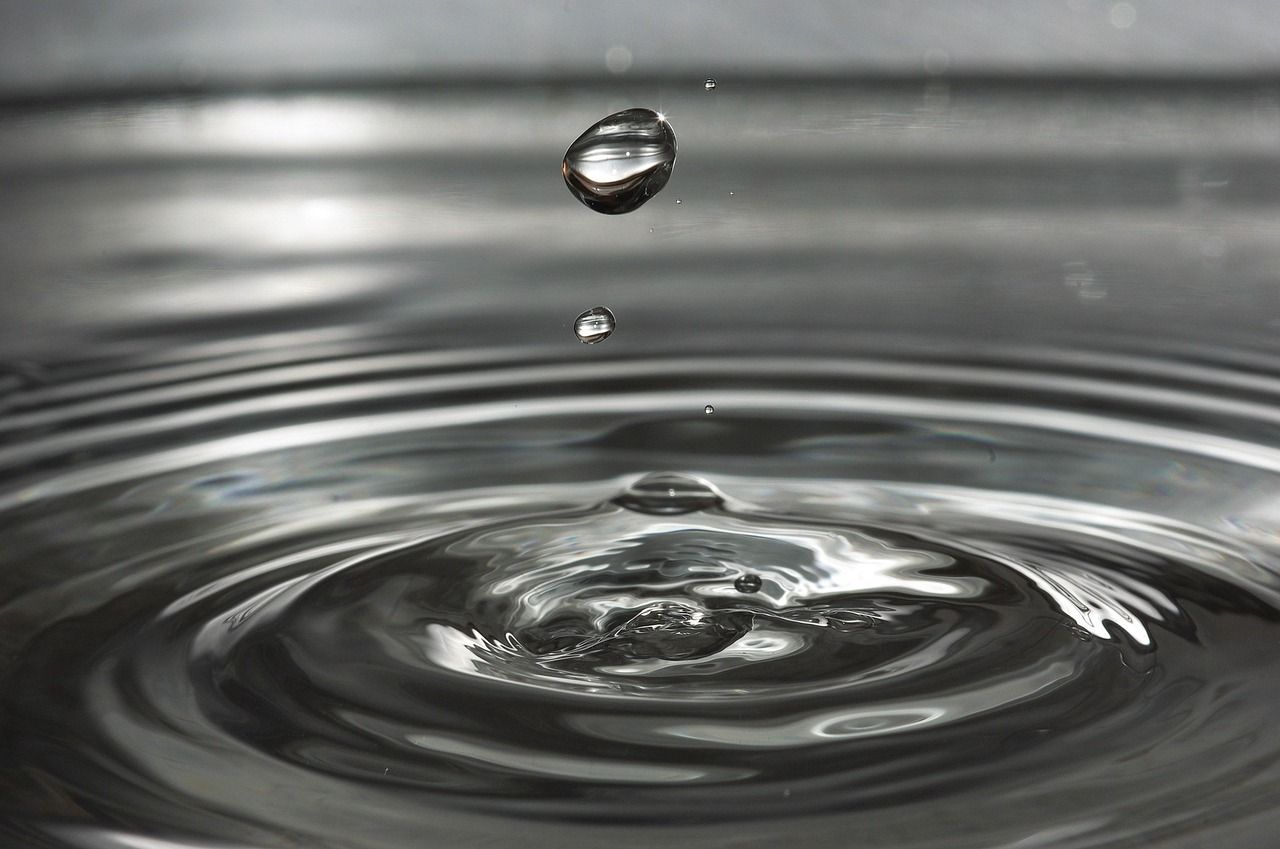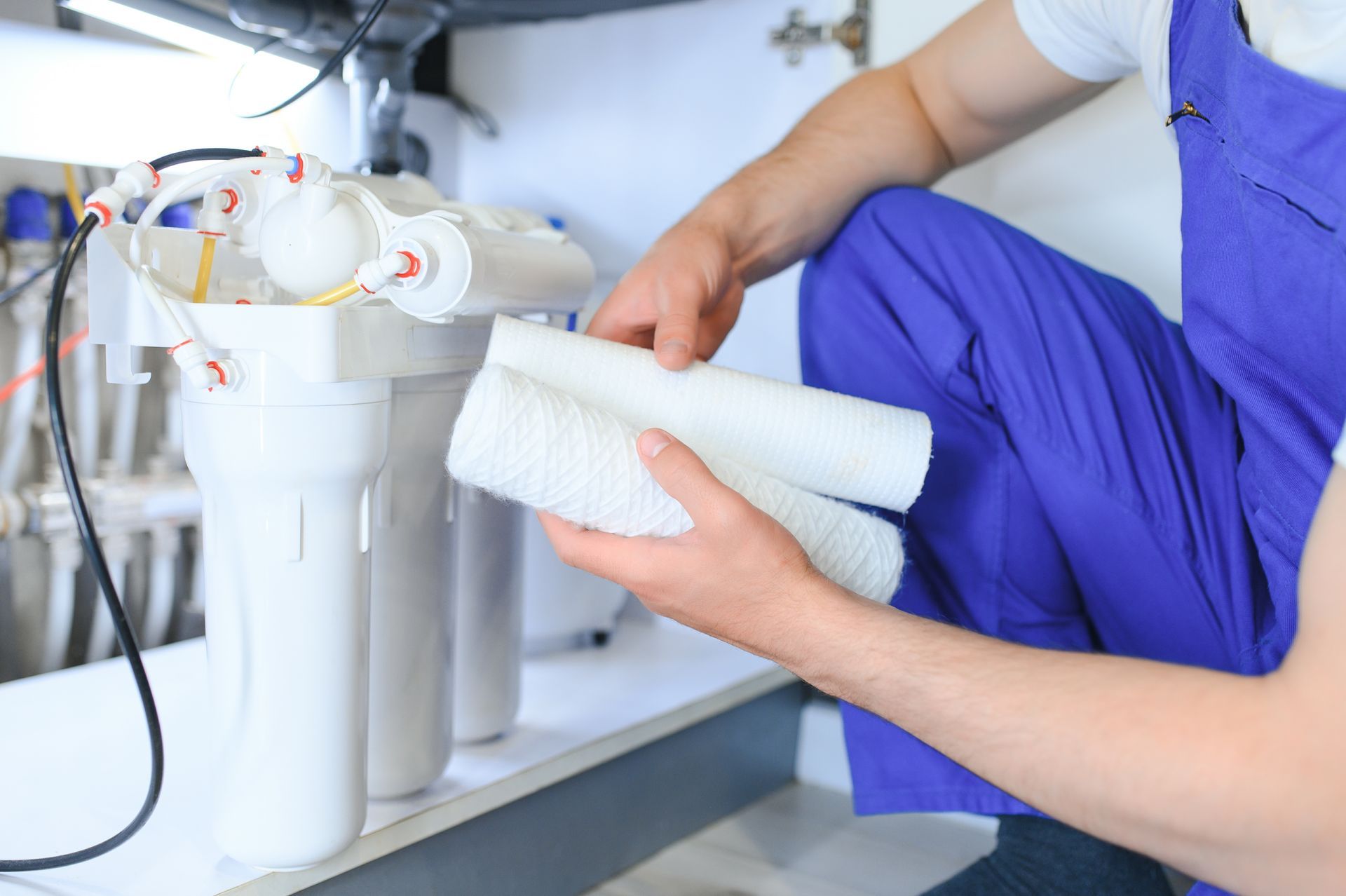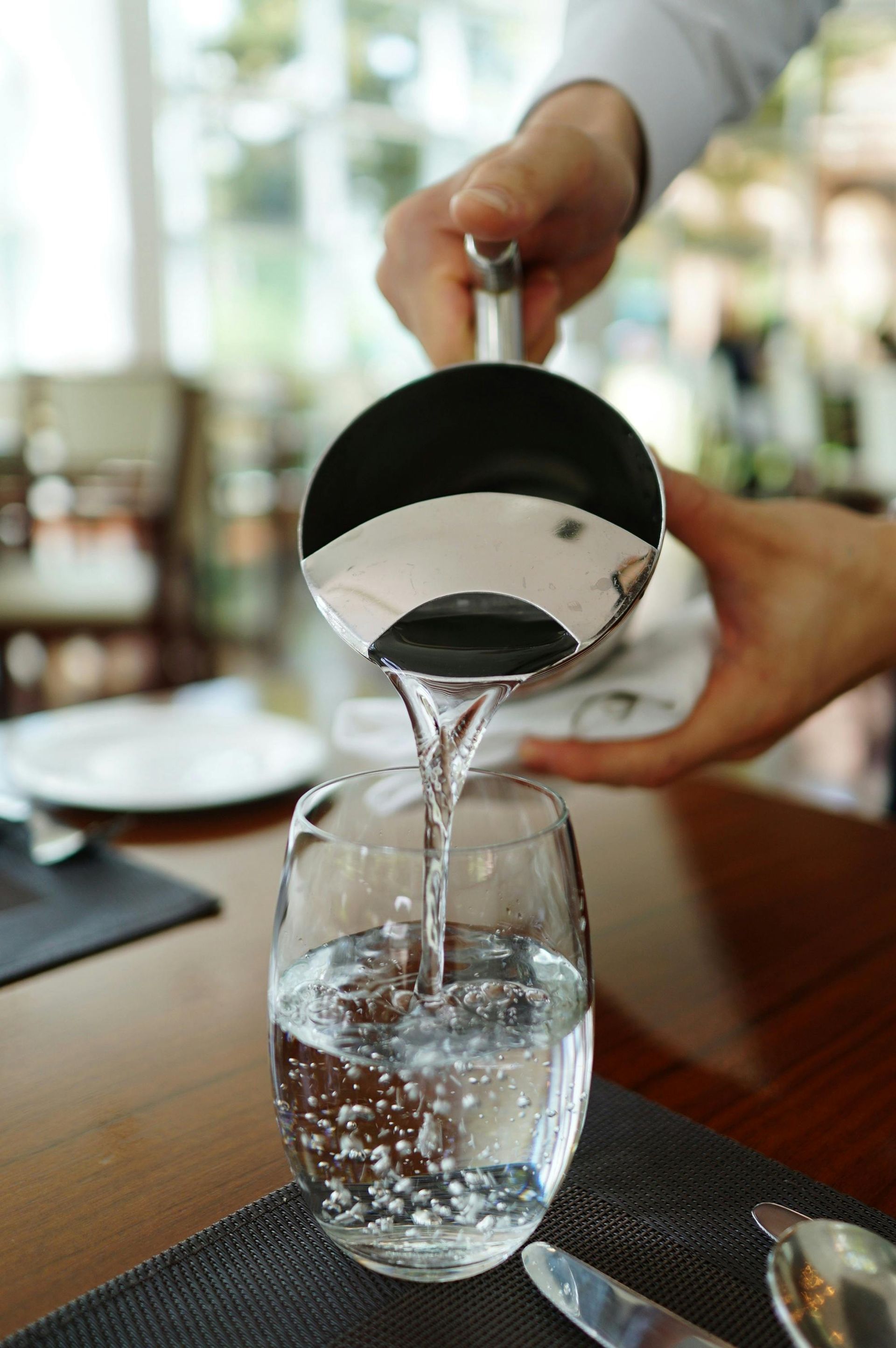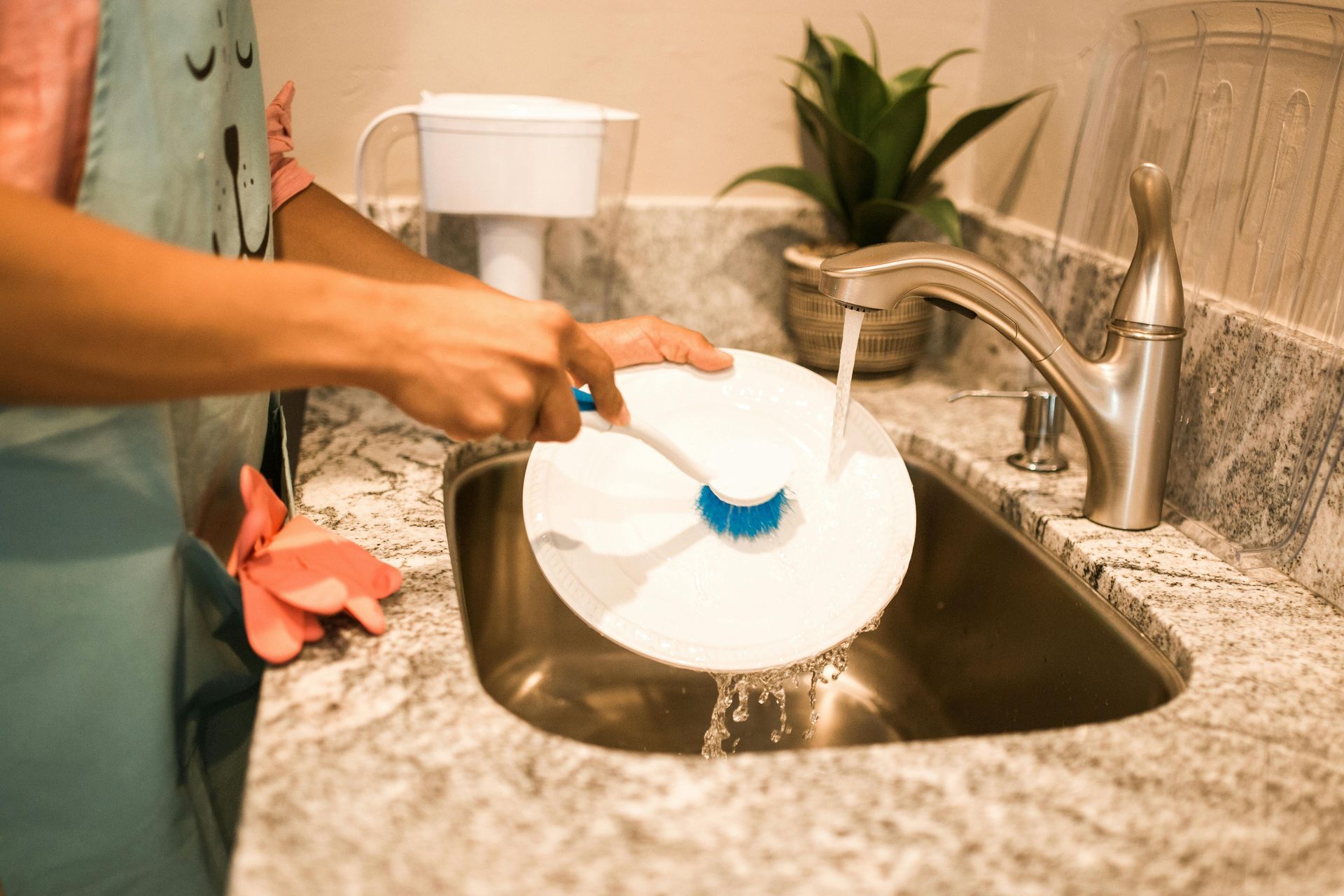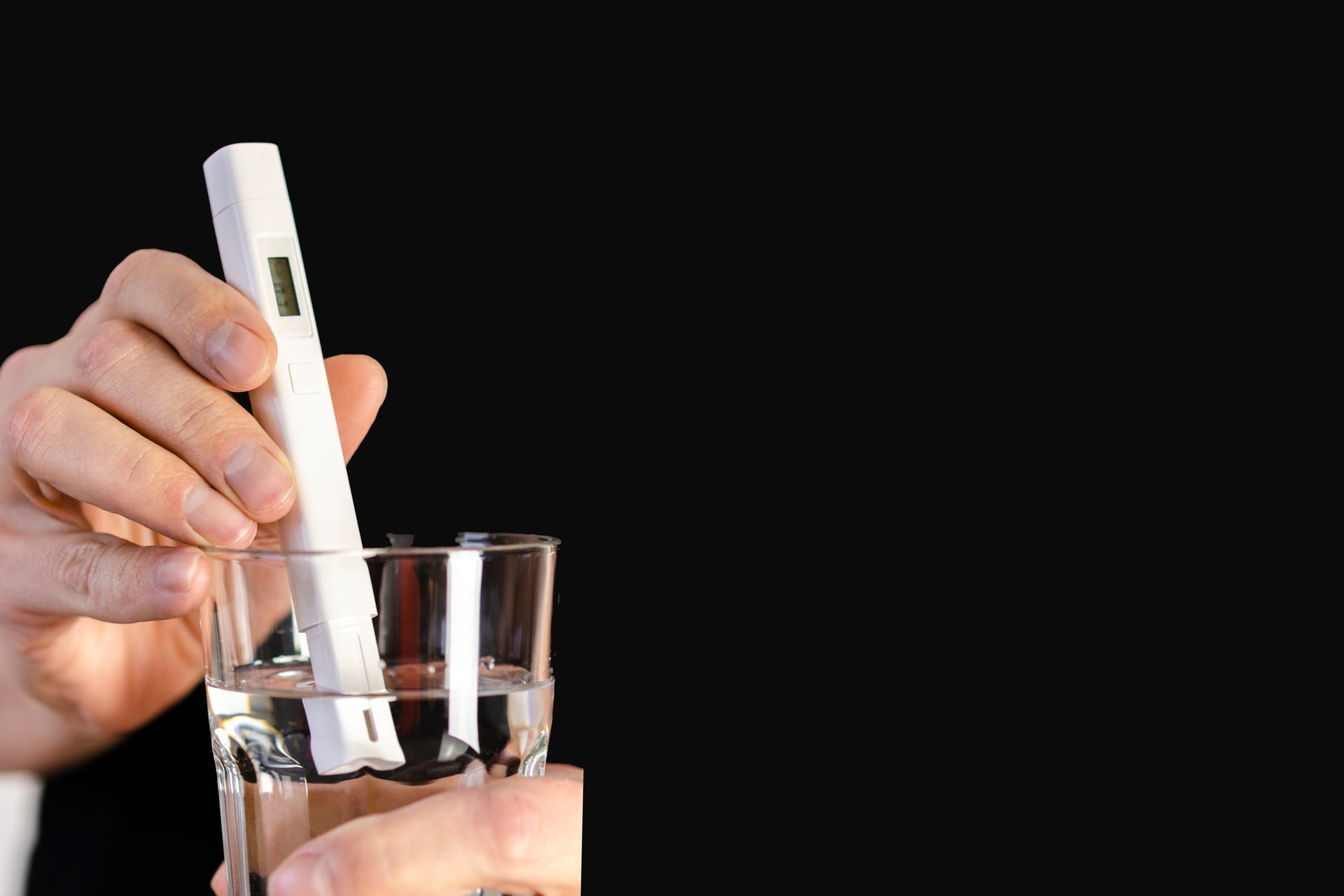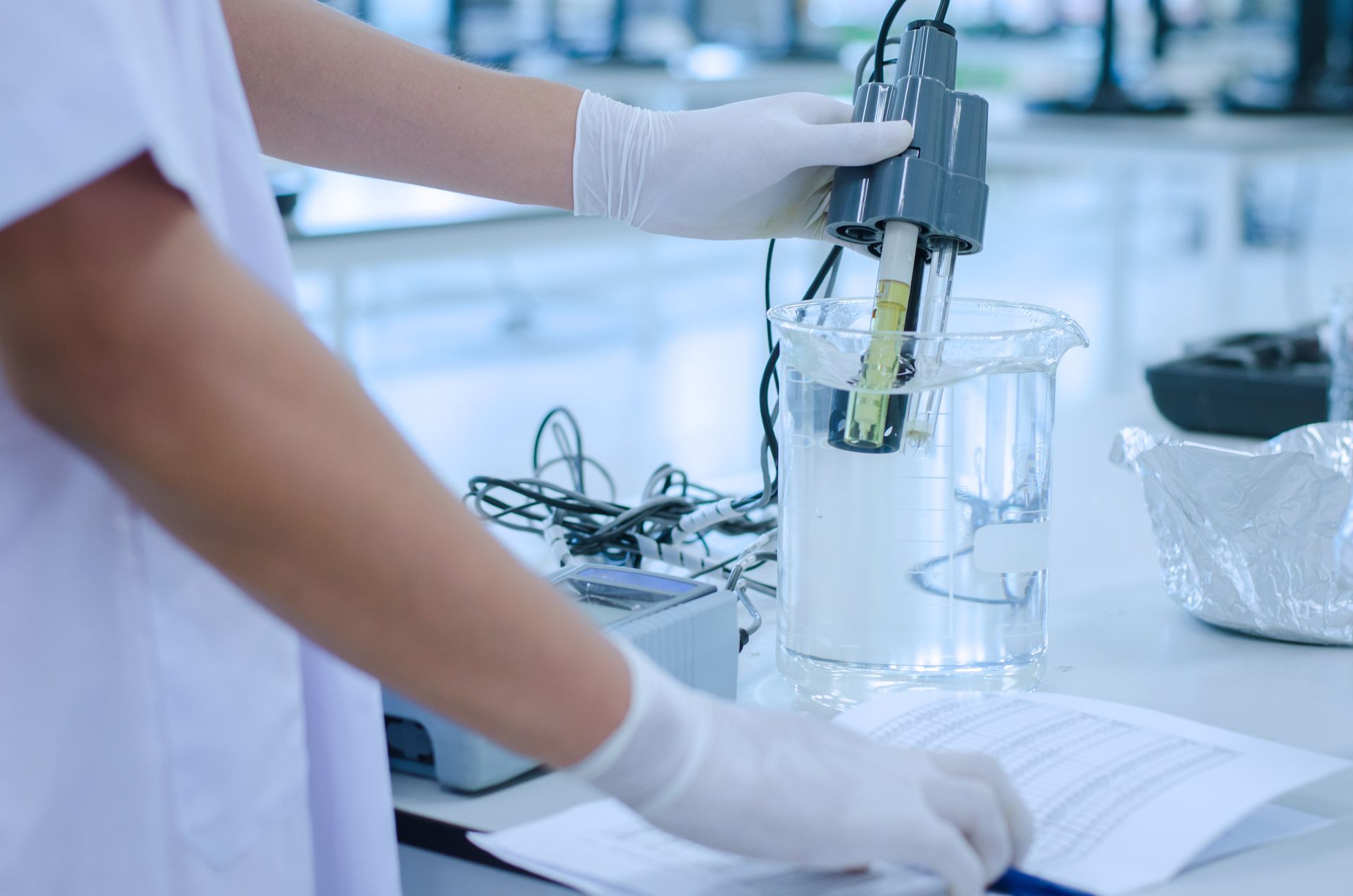Primary Solutions Consulting
How Can I Test the pH Level of My Water, and Why Does It Matter?
Water is essential for life. Whether you're drinking it, bathing in it, or using it for cooking, the quality of your water plays a significant role in your daily activities. One key factor that often goes unnoticed is the pH level of your water. You may be thinking, "pH level? Isn't that something we learned about in high school chemistry?" Well, yes, but it turns out the pH of your water can have a major impact on everything from your health to your plumbing.
In this post, we’ll walk you through how you can test the pH level of your water, why it’s important, and what to do if your water’s pH is out of balance. Let's dive in (pun intended)!
What is pH, and Why Does it Matter for Water?
Before we talk about water testing, let's break down what pH is and why it’s so crucial when it comes to your water quality. The pH scale measures the acidity or alkalinity of a solution, with 0 being extremely acidic, 7 being neutral, and 14 being highly alkaline.
- Acidic water (pH less than 7) can be corrosive, damaging your pipes, appliances, and even your health.
- Alkaline water (pH greater than 7) can leave mineral deposits in your pipes, leading to scale buildup that affects your plumbing and appliances.
So why should you care? Well, your water’s pH affects everything from your plumbing to your water heater’s performance. If the pH is too low or too high, it can lead to costly repairs, inefficiencies in your appliances, or even health problems over time. For instance, highly acidic water can leach metals like lead from pipes, while water that's too alkaline can cause dry skin, irritate your eyes, and even affect the taste of your drinking water.
How to Test the pH Level of Your Water: The DIY Method
Testing your water's pH doesn't have to be complicated or expensive. There are a variety of DIY methods available, depending on your preferences and budget. Here are a few common options:
1. pH Test Strips: The Simple Solution
If you're looking for an affordable, straightforward option, pH test strips are a great place to start. These strips are simple to use and provide an immediate reading. Here’s how to use them:
- Step 1: Take a sample of your water in a clean glass or container.
- Step 2: Dip a pH test strip into the water for a few seconds.
- Step 3: Compare the strip’s color to the included chart to determine the pH level.
Pros:
- Easy to use
- Inexpensive
- Quick results
Cons:
- Less precise than other methods
- May require multiple strips for accuracy
2. Liquid pH Test Kits: A More Accurate Option
Liquid pH testing kits work by adding a few drops of a reagent to your water sample. After shaking or stirring, the water will change color, and you can compare the color to the included chart to get an accurate pH reading. These kits are a bit more accurate than test strips and are still fairly easy to use.
Pros:
- More accurate than test strips
- Detailed color chart for precise readings
Cons:
- Slightly more expensive than strips
- Requires more handling
3. Digital pH Meters: For the Tech-Savvy Tester
For the more tech-savvy individuals, a digital pH meter is the most accurate way to test the pH level of your water. These devices provide precise readings with the push of a button, and many can be calibrated for ongoing accuracy.
Pros:
- Extremely accurate
- Reusable
Cons:
- Higher upfront cost
- Needs to be calibrated regularly
Why Should You Test Your Water’s pH Regularly?
Testing your water's pH isn't just a one-and-done activity. Ideally, you should test your water’s pH regularly to ensure it remains within a healthy range. Here’s why:
1. Protect Your Plumbing and Appliances
If your water is too acidic or too alkaline, it can cause damage to your pipes, faucets, and appliances like dishwashers and water heaters. Acidic water can corrode pipes, while alkaline water can lead to scale buildup, both of which can be costly to repair. Regular testing helps catch these problems early before they escalate into bigger issues.
2. Prevent Health Issues
Water with an extreme pH can have negative effects on your health. Acidic water can leach harmful metals like lead or copper from old pipes, potentially leading to poisoning. Highly alkaline water can cause skin irritation and upset your stomach. By regularly testing your water's pH, you can ensure it remains safe for consumption.
3. Improve Water Taste and Quality
The pH of your water can affect its taste. Highly acidic water can taste bitter, while overly alkaline water might taste soapy. Keeping your pH balanced can help you enjoy cleaner, fresher-tasting water.
What to Do if Your Water’s pH is Too High or Too Low?
If you’ve tested your water and found the pH level is too high (alkaline) or too low (acidic), don’t worry—there are steps you can take to correct it.
1. Adjusting pH in Acidic Water
If your water is too acidic (below a pH of 7), there are several solutions to raise the pH:
- Install a neutralizing filter: This filter adds minerals like calcium carbonate to the water, increasing its pH.
- Use soda ash or baking soda: These common household items can be added to water in small amounts to raise its pH.
2. Adjusting pH in Alkaline Water
If your water is too alkaline (above a pH of 7), you’ll want to lower the pH. Here are some options:
- Reverse osmosis systems: These systems can remove excess minerals, balancing the pH of your water.
- Acidic water filters: These filters are designed to add small amounts of acid to your water, bringing the pH down to a more neutral level.
Contact Primary Solutions Consulting for Professional Water Testing in Cypress, TX
If you’re looking for expert water testing services, look no further than Primary Solutions Consulting! We offer professional water testing to help ensure your water is safe, clean, and properly balanced.
Whether you're concerned about your water's pH level or need testing for other contaminants, our team of experts is here to help. We provide comprehensive testing to give you peace of mind and ensure your water quality is at its best.
Additional Water Services We Offer
In addition to pH testing, We also offer water softener installation and water filtration installation to ensure your home’s water is clean and free of harmful minerals. Our water softeners remove calcium and magnesium from hard water, preventing scale buildup in your plumbing and appliances.
We also offer products like reverse osmosis systems, vortex tanks, Clack valves, and more to improve your water quality and address any specific needs you may have.
Contact us today at
(832) 788-9938 for all your water testing and treatment needs in Cypress, TX, and the surrounding areas!
FAQs


